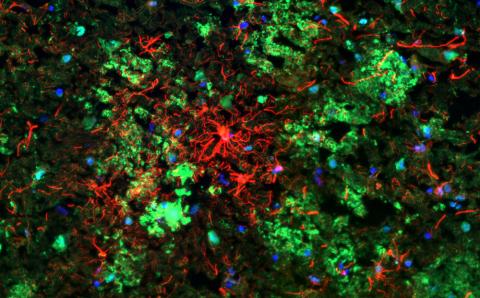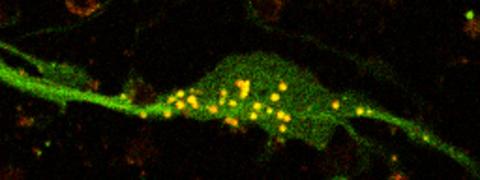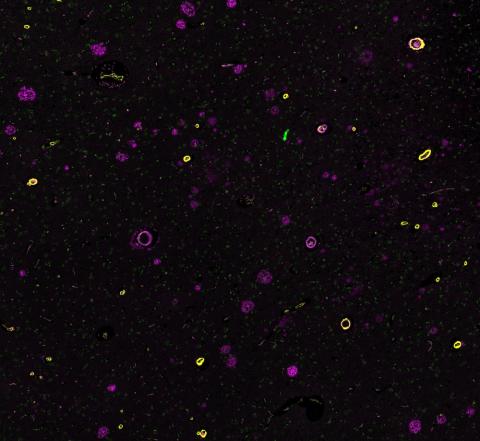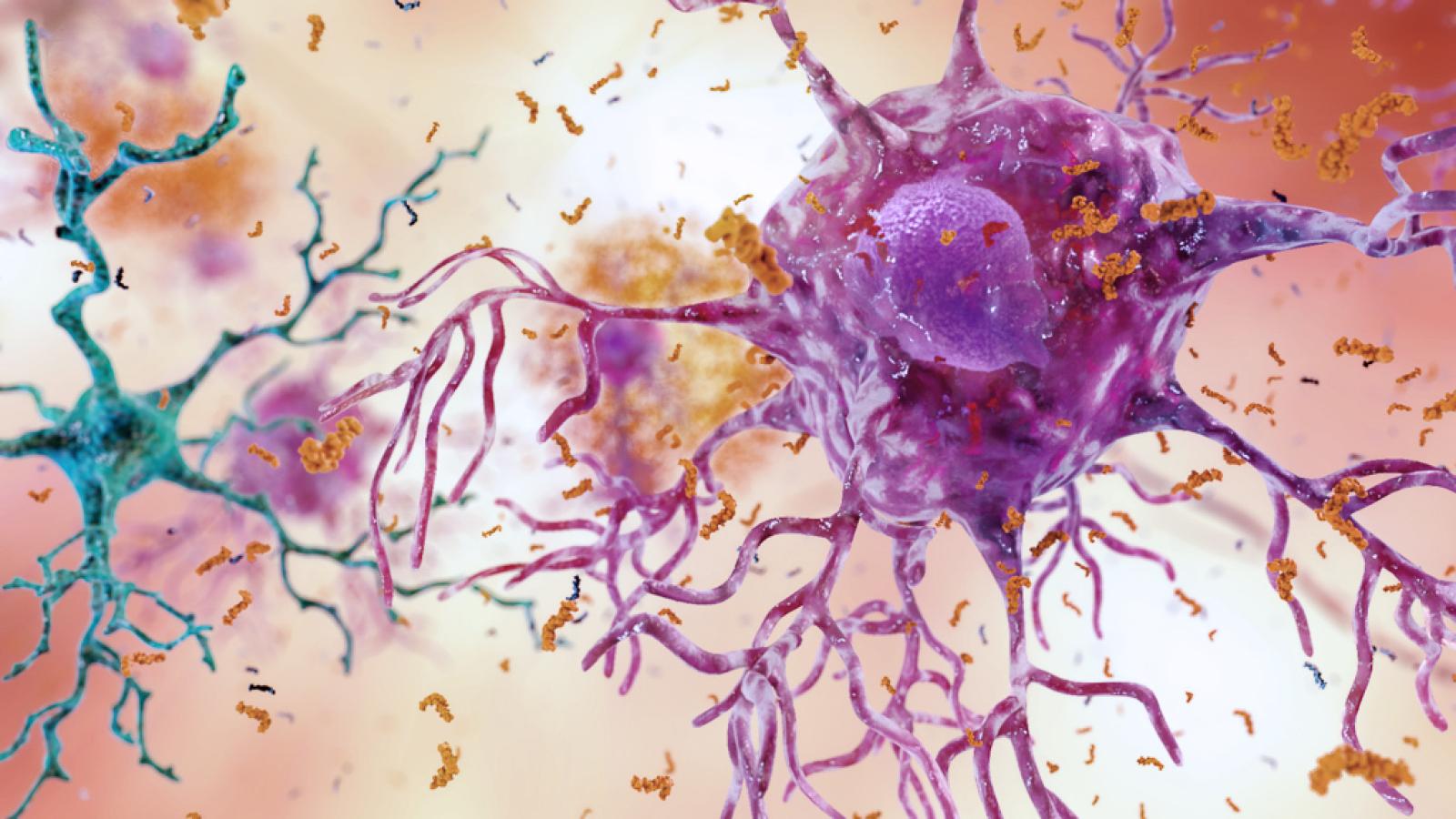The immune system, which protects our body against harm, plays a crucial role in brain health and disease. While this defence system is essential for maintaining a healthy brain, its malfunction can contribute to the development of dementia and neurodegenerative conditions.
In the brain, specialised immune cells called microglia act as the first line of defence, constantly monitoring for signs of damage or disease. These cells help clear harmful substances and maintain brain health. However, in conditions like Alzheimer's disease and other forms of dementia, the immune response can become chronically activated, potentially causing more harm than good. Recent genetic studies have revealed that many genes linked to increased dementia risk are active in the brain's immune cells, highlighting their importance in these conditions.
Inflammation occurring elsewhere in the body can also affect brain health. Conditions such as diabetes, obesity, and cardiovascular disease can trigger systemic inflammation that may compromise the blood-brain barrier – the brain's protective shield – and contribute to neurodegeneration. This highlights how the body's overall health is closely linked to brain health.
At the UK Dementia Research Institute, our researchers are investigating how both brain-specific and systemic immune responses contribute to neurodegeneration. This work aims to develop new treatments that could harness the immune system's protective functions while preventing its harmful effects, potentially through targeting both brain inflammation and systemic immune responses.

Microglia stained in green Credit: Dr Jing Qiu
Latest news
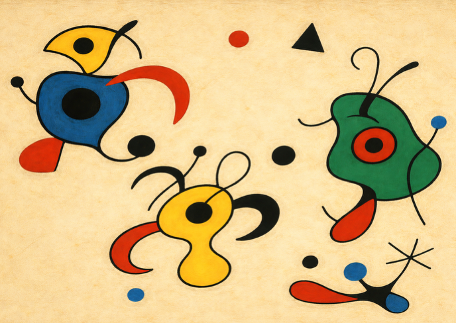
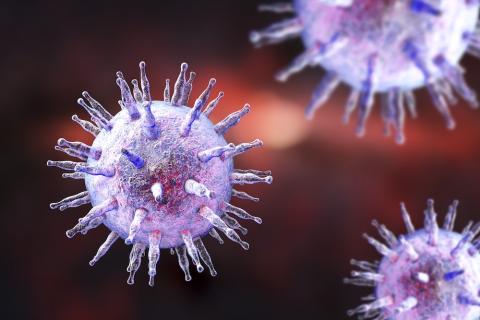
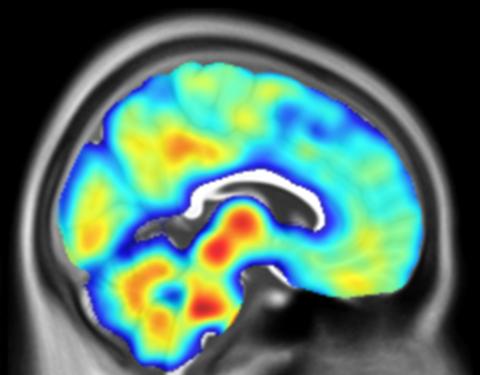
A deeper dive
The role of neuroimmune interactions in dementia and neurodegeneration encompasses multiple cellular and molecular mechanisms. Recent advances have highlighted several key areas of investigation, many of which are being explored by UK DRI research groups:
- Microglial function in health and disease: These brain-resident immune cells maintain tissue homeostasis but can adopt various activation states in disease. Research focuses on understanding how microglial responses change during disease progression and how these changes affect neuronal health (Hong, Priller, McColl).
- Neuroinflammation and protein aggregation: Chronic inflammation may influence the accumulation and spread of misfolded proteins characteristic of neurodegenerative diseases. Studies examine how immune responses affect protein aggregation and clearance (Spires-Jones, Klenerman, Morgan).
- Blood-brain barrier and peripheral immunity: Investigation of how systemic inflammation and peripheral immune cells influence brain health, particularly focusing on the role of the blood-brain barrier in regulating immune cell entry (Montagne, Wardlaw).
- Complement system activation: Research into how complement proteins, part of the innate immune system, contribute to synaptic loss and neurodegeneration (Morgan, Hong, Zelek).
- Genetic risk factors: Many genetic variants associated with dementia risk affect immune system function, particularly in microglia. Studies aim to understand how these variants alter immune responses (Williams, Hardy, Escott-Price).
- Age-related immune changes: Investigation of how aging affects immune function in the brain, including the concept of "inflammaging" and its impact on neurodegeneration.
- Novel therapeutic approaches: Development of treatments targeting immune mechanisms, including microglial modulation strategies, anti-inflammatory approaches, Complement inhibition and blood-brain barrier stabilisation
Labs
